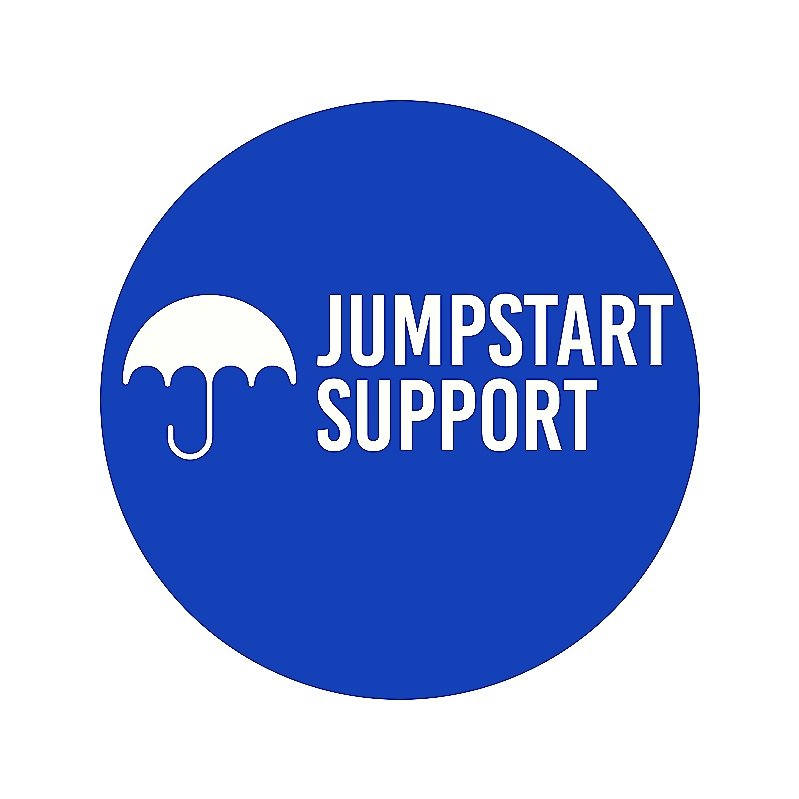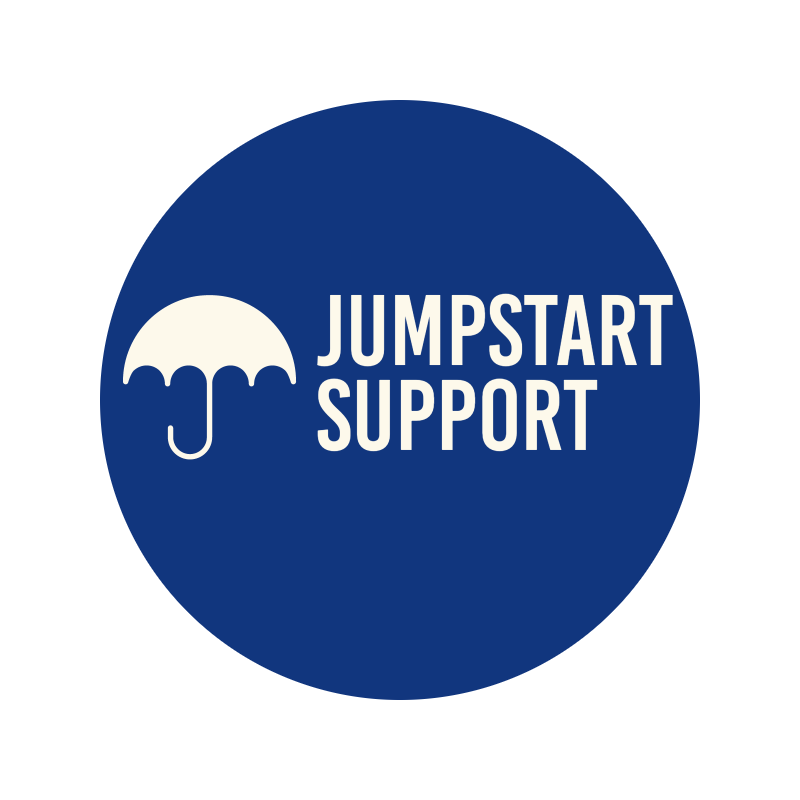The Full Potential of Neurodiversity in Recruitment
The modern workplace is a mosaic of individuals, each bringing unique perspectives and talents to the table. Neurodiversity, a term that is gaining traction in the corporate world, recognises the value of these differences, particularly among those with neurological variations such as autism, ADHD, and dyslexia. For recruitment professionals and HR practitioners, understanding and harnessing the power of neurodiversity is not just a trend - it's a strategic imperative in building inclusive, innovative, and high-performing teams.
In this deep-dive blog post, we explore why neurodiversity matters in the recruitment process and provide actionable insights to attract, integrate, and champion neurodiverse talent.
Understanding the Spectrum of Diversity
What is Neurodiversity?
Neurodiversity is the concept that neurological differences like autism and ADHD are the result of normal, natural variations in the human genome. Rather than viewing these conditions as pathologies, the neurodiversity paradigm recognises them as a fundamental aspect of human diversity.
Strengths, Not Limitations
While neurodiverse individuals may face challenges in certain areas, they often possess unique strengths that can greatly benefit employers. For example, many exhibit exceptional attention to detail, creativity, and problem-solving abilities, which are invaluable in a variety of roles, from IT to research and development.
The Business Imperative of Neurodiversity
A Fountain of Fresh Ideas
Companies that actively seek and support neurodiverse talent often report significant gains in their innovation and problem-solving capabilities. Diverse cognitive approaches lead to more comprehensive and novel solutions and can position organisations at the forefront of their fields.
Real-World Success Stories
Multiple corporations have found that welcoming neurodiverse employees has a direct and positive impact on the bottom line. From software giants to retail chains, these pioneering firms are leading the way, demonstrating that inclusivity is not only the right thing to do but also a key driver of success.
Overcoming Recruitment Hurdles
Unconscious Bias in Hiring
One of the biggest challenges in neurodiverse recruitment is overcoming unconscious bias. Recruiters may inadvertently favour candidates who fit traditional moulds, while potentially missing out on exceptional talent that doesn't conform to the neurotypical profile.
Outdated Recruitment Methods
Traditional recruitment techniques like group interviews and unstructured meetings can also be barriers. These formats often fail to allow neurodiverse individuals to showcase their full potential, leading to talent being overlooked or underutilised.
Best Practices for Inclusive Recruitment
Rewriting Job Postings
To attract a more diverse pool of candidates, job descriptions should be focused on skills and outcomes rather than specific educational or experiential requirements. Language must be clear and free of jargon, and inclusion statements can signal that all are welcome to apply.
Adapting the Interview Process
Conducting sequential or work-sample interviews and providing clear guidelines in advance can level the playing field. Furthermore, the use of structured interviews and a focus on practical problem-solving tasks can reveal the true capabilities of neurodiverse applicants.
Onboarding and Beyond
The onboarding phase is critical for new neurodiverse employees. Tailored support such as mentorship programmes, individual learning paths, and workplace accommodations can ensure that these individuals have the best opportunity to excel in their new roles.
The Role of Recruiters and HR in Advocating for Neurodiversity
Leading the Change
Recruiters and HR professionals are often the gatekeepers to organisations, making them uniquely positioned to advocate for change. By championing neurodiversity and participating in awareness campaigns, they can influence policies and practices at all levels of the business.
Training and Resources
Investing in training for personnel involved in hiring and supporting on-the-job inclusion is an essential step. Numerous courses and resources are available to help professionals become more informed and adept at engaging with the neurodiverse community.
Conclusion: Making Neurodiversity Central to Recruitment
In conclusion, the inclusion of neurodiverse individuals in the workforce is not just an act of social responsibility – it's a strategic decision that has the potential to transform businesses. By reimagining the recruitment process and fostering an environment of acceptance and support, organisations can unlock the full potential of their human capital.
Neurodiversity in the workplace should be a concern for all who are invested in the future of work. Ultimately, it's a reflection of how we value and encourage the unique talents of every individual. By taking proactive steps to promote neurodiversity in your recruitment process, you're not just diversifying your workforce; you're enriching it with a wealth of untapped talent and perspective.
Ready to take the leap towards a more inclusive and neurodiverse workplace? Reach out to our experts at Jumpstartsupport.com to learn how you can make meaningful changes in your recruitment strategy. Join the movement today and become a beacon of diversity and inclusion in the corporate world.

